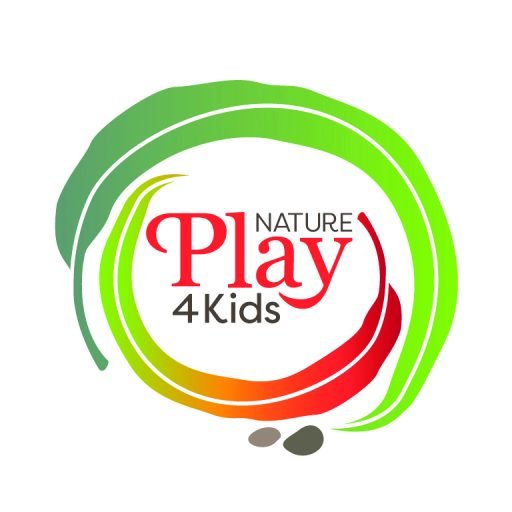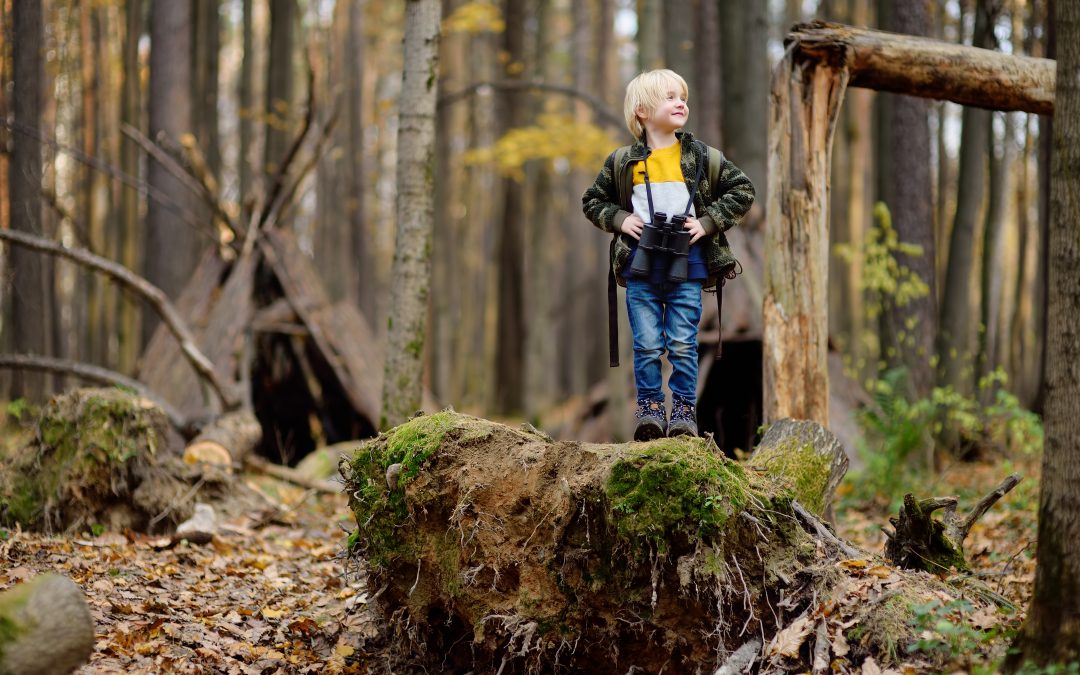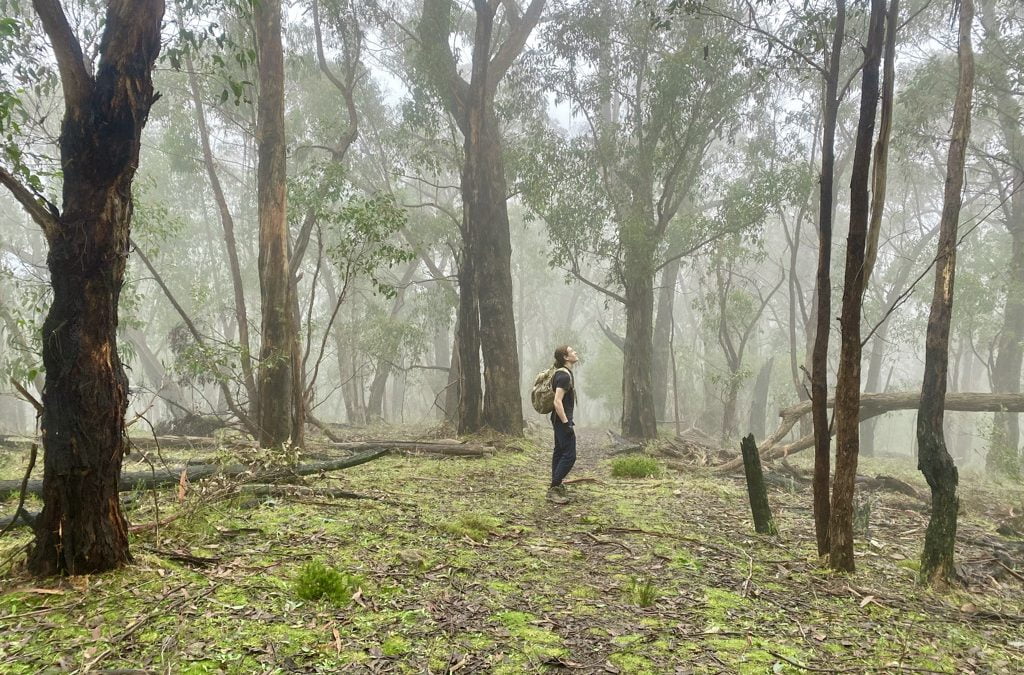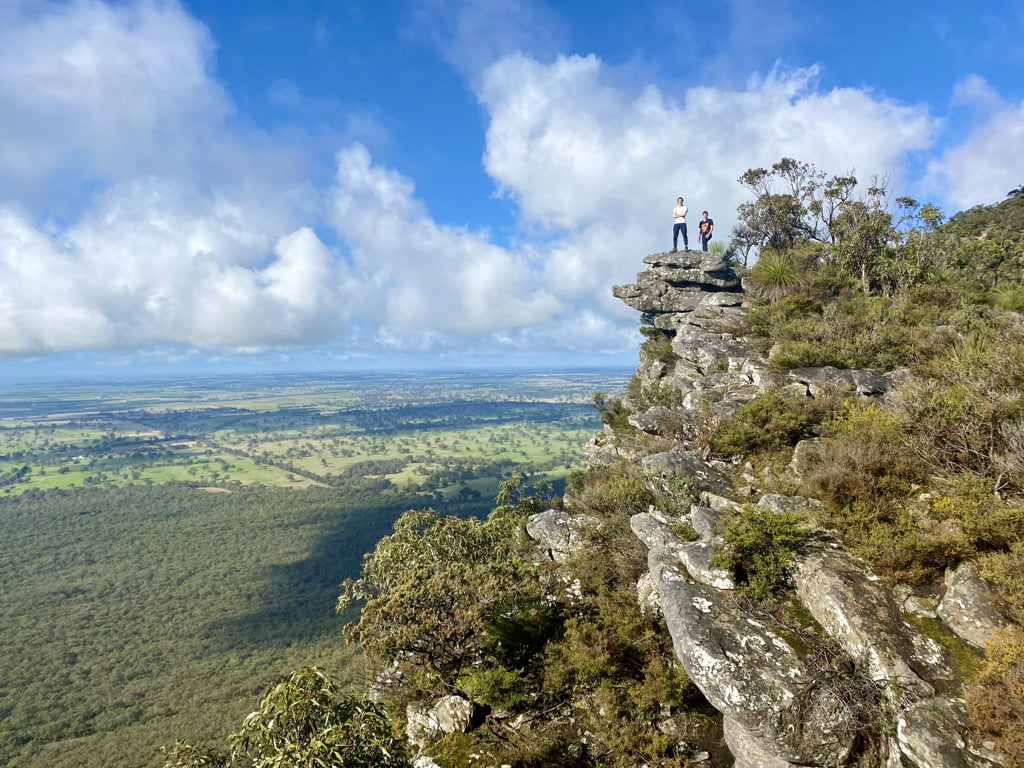
Exposure to nature tends to calm and refresh the overstimulated brain. Specific tasks such as completing tasks and composing emails require concentration, but actions such as seeing flowers and listening to thunderstorms make them so-called “soft charm”.
Mental health issues are on the rise in our kids. COVID lockdowns and restrictions on time spent outside haven’t helped, and now we have a generation of children that have missed out on some significant social learning opportunities.
However, reconnecting to nature (re-wilding) can help reverse some of these worrying trends. Unstructured play time using elements provided by the forest promote creativity, concentration and lower stress levels.
This article explores these ideas in more depth, plus gives some great, practical ideas you can do with the little people in your life.
Read the article here:
Ecotherapy highlights benefits of immersing anxious, stressed kids in nature
